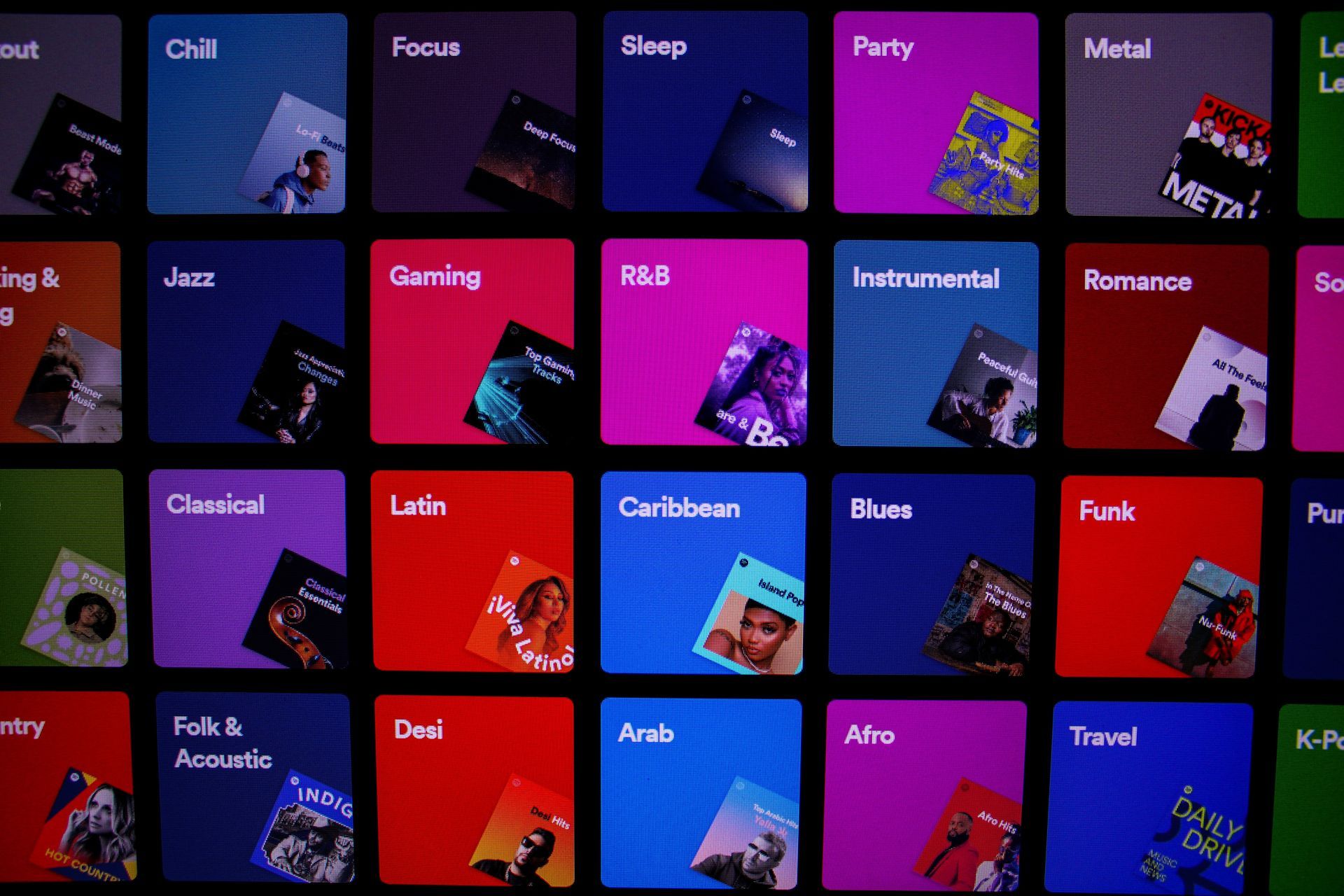In the ever-evolving landscape of the digital world, the power wielded by tech behemoths like Apple and Google has sparked a call for change from Daniel Ek, the CEO of Spotify. Aiming to disrupt the status quo, Ek is urging the United Kingdom to embrace the Digital Markets, Competition, and Consumers Bill (DMCC).
This landmark legislation is designed to regulate competition within digital markets, a move that could significantly curtail the omnipresent dominance of major tech players. Ek’s impassioned advocacy stems from his desire to level the playing field, creating an environment where healthy competition and innovation can thrive.

“If you want to be the referee, you can’t also be the player”
In an interview with the Financial Times, Ek expressed his concerns about the tech giants’ control over how billions of consumers access the internet, calling it “insane.” He highlighted the issue of these companies not only setting the rules but also actively participating in the market they oversee. Ek’s fundamental argument revolves around the concept that a company cannot be both the referee and the player in the digital marketplace.
Here is a breakdown of what is happening right now:
- Spotify CEO’s advocacy: Daniel Ek, the CEO of Spotify, has taken a proactive stance in advocating for the adoption of the Digital Markets, Competition, and Consumers Bill (DMCC) in the United Kingdom.
- The purpose of DMCC: The DMCC is a proposed bill that aims to regulate competition within digital markets. Its primary goal is to address the dominating influence of major tech companies such as Apple and Google.
- Enforcing fair competition: The DMCC Bill would empower competition authorities to impose specific conduct requirements on companies. This enforcement is intended to promote fair competition in the digital realm by intervening when a company’s policies have a detrimental effect on the competitive landscape.
- Ek’s concerns: Daniel Ek has expressed deep concerns about the level of control that tech giants like Apple and Google have over how billions of consumers access the internet. He argues that these companies not only set the rules but also directly compete with other businesses in the same marketplace.
- Referee vs. player: A fundamental point of Ek’s advocacy is the concept that a company should not simultaneously act as both the referee (setting the rules) and the player (participating in the game). He believes that such dual roles stifle competition and innovation.
- Real teeth for enforcement: Ek stresses the importance of ensuring that the DMCC Bill has robust enforcement mechanisms to ensure fair competition effectively. He emphasizes that this legislation is not just about benefiting Spotify but all developers seeking a level playing field.
- Potential impact: If the DMCC Bill becomes law, it would grant the UK’s Competition and Markets Authority significant authority. This includes the ability to levy substantial fines on large companies that breach established rules. Tech companies would also be required to provide greater transparency about their app stores and other operations.
- Spotify’s ongoing feud with Apple: The article highlights that Spotify and Apple have been embroiled in a long-standing feud. The conflict escalated in 2022 when Apple rejected a Spotify app update which added audiobook support. Spotify previously filed a regulatory complaint with the European Union regarding Apple’s App Store practices, and the investigation is still ongoing. Additionally, Spotify supports the Open Markets Act in the United States, which aims to mandate Apple to allow sideloading and alternative app stores.
In summary, Daniel Ek, the CEO of Spotify, is actively pushing for regulatory changes in the UK through the DMCC Bill. His aim is to address the dominance of major tech companies like Apple and Google and create an environment where fair competition, transparency, and innovation can flourish in the digital market.
The ongoing feud between Spotify and Apple serves as a backdrop to the broader debate over competition in the tech industry.
Featured image credit: @felipepelaquim/Unsplash





